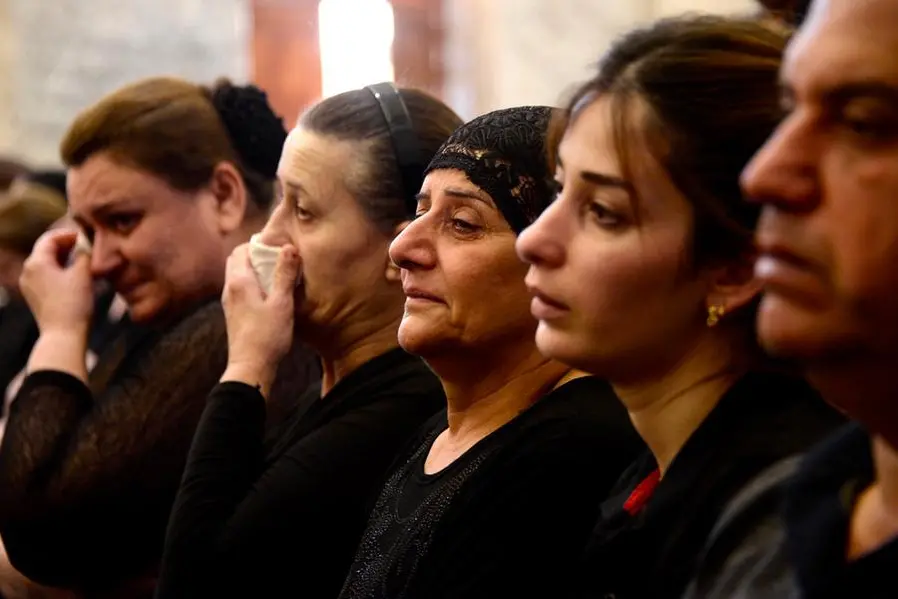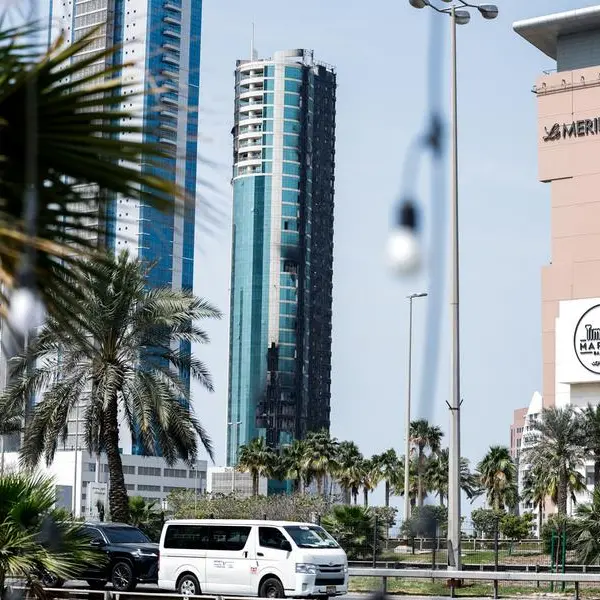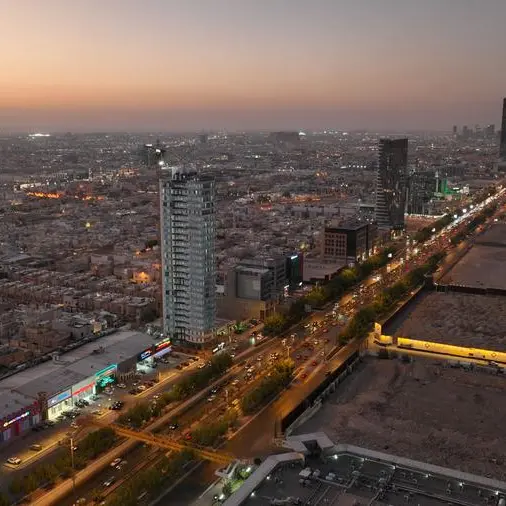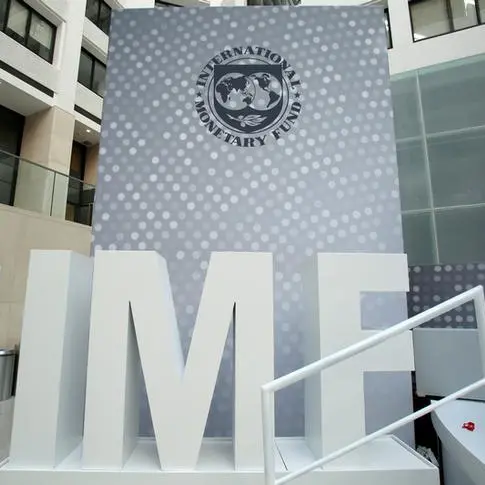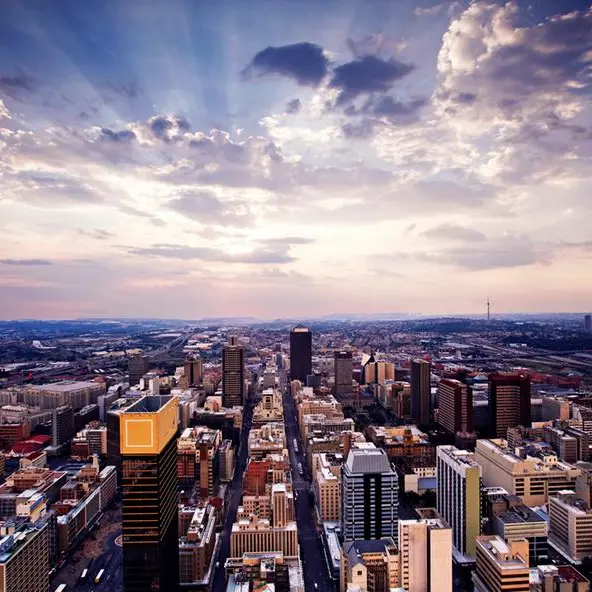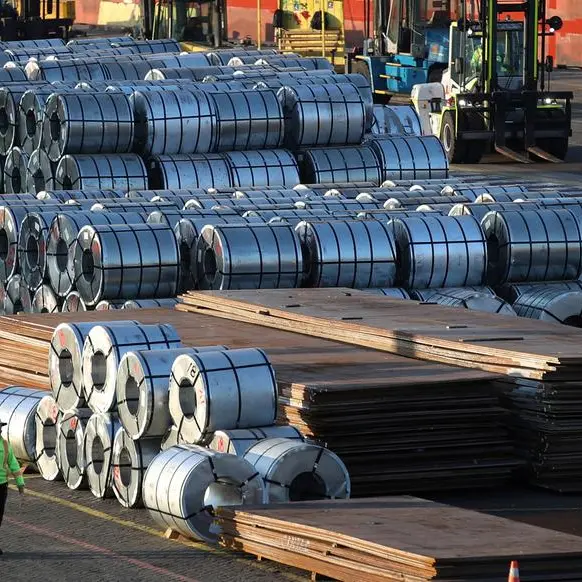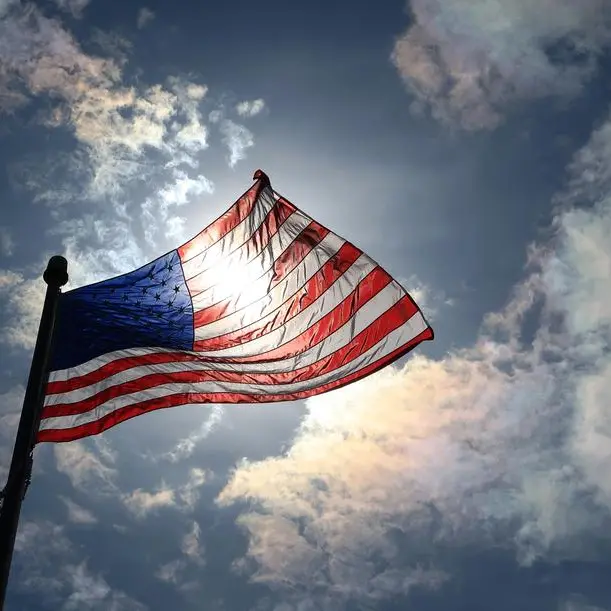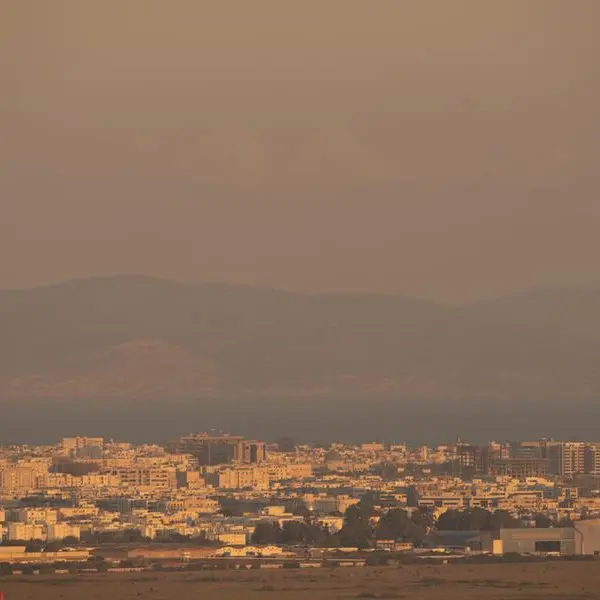PHOTO
Survivors of a fire that ripped through an Iraqi wedding and those mourning the at least 100 people killed filled the pews of a Christian mass Thursday, two days after the disaster.
Mourners wept, ululated or quietly embraced one another under the arches of the Syriac Catholic church of Al-Tahera where portraits of the dead lined the stairs, showing men, women and children of all ages.
"I don't know what to say; there is pain in our hearts, a tragedy that will never be forgotten," said Najiba Yuhana, 55, who lost multiple relatives. "There is anger and sadness that is indescribable and without compare."
Authorities have blamed indoor fireworks that set alight ceiling decorations for the fire that quickly engulfed the reception centre, constructed from highly combustible building materials that belched toxic smoke.
At least 150 people suffered burns, smoke inhalation and crush wounds sustained in the stampede when the nearly 900 panicked guests tried to flee the reception centre though its few escape doors.
The disaster hit the town of Qaraqosh, a centre of Iraq's small Christian community in the Nineveh Plains near Mosul, which is still recovering from the terrors of Islamic State group jihadist rule from 2014 to 2017.
The town, also known as Hamdaniyah, is now home to 26,000 Christians -- half of its original population.
At the church, which Pope Francis visited in March 2021, many of the bereaved sobbed quietly, joined by a few survivors with bandaged wounds.
Prime Minister Mohamed Shia al-Sudani, who has declared three days of national mourning, travelled to the province on Thursday to visit "the injured and the families of the victims", his office said.
Anger has flared over the high death toll, which authorities have blamed in part on poorly observed safety regulations, an insufficient number of fire exits, and the use of highly flammable building materials.
Authorities have arrested 14 people -- the venue's owner and 10 employees as well as three people suspected of having set off the fireworks, the interior minister said.
Safety standards are often poorly observed in Iraq, a country still recovering from decades of dictatorship, war and unrest that remains plagued by mismanagement, corruption and often dilapidated infrastructure.
